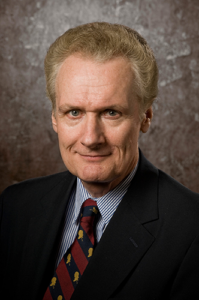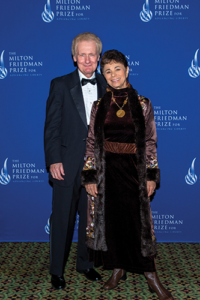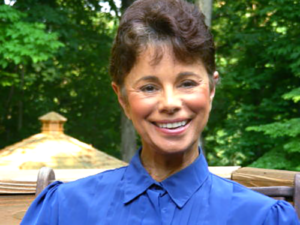
Dr. Roger Pilon
In January of 2019, Dr. Roger Pilon stepped down as director of the Cato Institute’s Robert A. Levy Center for Constitutional Studies. He founded the center early in 1989, and over the next 30 years, he accomplished something extraordinary: drawing together a growing band of classical liberals who slowly changed mainstream understanding of the role of the judiciary.
Up to then, there were essentially two approaches to judicial review: The Left tended to support activist judges who often interpreted the law to expand government and read rights according to their own social values; the Right tended to support restrained judges who often deferred to the political branches and the states, even when the law, properly read, required them to act.
Dr. Pilon, who has a philosophy PhD from the University of Chicago and a JD from George Washington University, urged judges instead to practice principled judicial activism, which in time came to be called “judicial engagement,” engagement in the defense of liberty as secured by the Constitution, properly understood. Dr. Pilon noted “But the roots of that change go back several decades, to work that IHS began supporting in the mid-1970s.”

Drs. Roger & Juliana Pilon
We spoke with Dr. Pilon and his wife, Dr. Juliana Pilon, about their storied careers and their history with IHS.
“Juliana and I met in the fall of 1971 at the University of Chicago where we were pursuing our doctorates in the philosophy department,” Roger says. “At that time the modern classical liberal movement was still in its formative years with far fewer institutions than we see today.”
Both Roger and Juliana had previously felt like outsiders in academia. At Columbia University, for example, a professor once reprimanded Roger for arguing against the welfare state. As a University of Chicago undergraduate, and then during a year of graduate work at Princeton, Juliana struggled to make her fellow students understand what life under communism was like in her native Romania.
When I talked about my experience in Romania, I was met with complete incomprehension regarding the communist system.
But when the Pilons began speaking at IHS conferences, they were able to meet other classical liberal scholars and discuss ideas that mattered to them.
“A place like IHS brings these people together, and you find them exchanging ideas, resources, and books,” Juliana says.
In 1980 Roger and Juliana joined IHS for a year-long fellowship. By then they had a toddler so Juliana worked from home; but she would frequently come into the IHS office, their daughter in tow, for great conversations:
“IHS really was our home,” Juliana says.

Dr. Juliana Pilon
Early in 1981, thanks in part to connections made through IHS, Roger was invited to join the new Reagan administration where he served in senior posts at the Office of Personnel Management, the State Department, and the Justice Department while earning his law degree in the evening division of the George Washington University Law School. Meanwhile, Juliana joined the Heritage Foundation as senior policy analyst in their U.N. Assessment Project. With the fall of the Berlin Wall, she brought her classical liberal ideas to the democracy-building process in former communist countries, is the author of eight books, and has taught at several universities over the years.
While Juliana was influencing the course of international affairs, Roger’s ideas were beginning to influence the American jurisprudential debate. In 1983, for example, he outlined for Cato and then spoke at their 1984 conference on “Economic Liberties and the Judiciary,” where the idea of principled judicial activism was the centerpiece.
“All along, though, at OPM, State, and Justice, I knew I wanted to get back full-time in the ideas world and, in particular, to establish a center for constitutional studies,” Roger says. As the Reagan administration was nearing its end, he approached Cato with the idea of creating such a center. “And the rest is history,” he added.
“Our main focus initially—and to this day—was on challenging the two main approaches to constitutional interpretation: liberal judicial activism and conservative judicial restraint. We urged judges to focus instead on the Constitution itself, on its text and background justificatory rights theory. Much of our work was directed toward conservatives—who took the Constitution and its text seriously—as in a 1991 op-ed I wrote for the Wall Street Journal, ‘Rethinking Judicial Restraint.’” states Roger.
But Roger wasn’t focused on ideas alone; he was also mentoring other scholars, like Scott Bullock, Roger’s first intern, now the president of the Institute for Justice, and Ilya Shapiro, who succeeded Roger as director of the center Roger created. Roger and Juliana also continue to give back to the next generation of scholars through IHS’s Roger Pilon Fellowships, which are $10,000 awards for select undergraduates at Columbia University’s School of General Studies.
